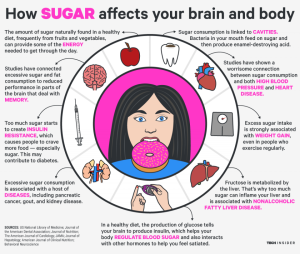
Snacking has gained a negative reputation over the years for being synonymous with unhealthy eating habits. However, when done right, snacking can actually be an excellent way to fuel your body with essential nutrients and maintain energy levels throughout the day. Smart snacking involves making wise food choices that provide a nutritious boost to your overall well-being.
Choosing the Right Snacks
The first step toward smart snacking is choosing snacks that are nutritionally dense and offer long-lasting satisfaction. Opt for snacks that are high in fiber, protein, and healthy fats. Examples include fresh fruits, raw veggies with hummus, Greek yogurt with nuts, or a handful of almonds. These snacks not only provide essential vitamins and minerals but also help keep you full for longer periods, reducing the chance of mindless overeating later on.
Avoiding Processed and Sugary Snacks
Avoiding processed and sugary snacks is key to smart snacking. Highly processed snacks are often packed with unhealthy additives, excessive sodium, and unhealthy fats. These snacks provide little to no nutritional value and can contribute to weight gain and increased health risks. Similarly, sugary snacks offer a short burst of energy followed by a crash, leaving you feeling tired and drained. Opt for whole, unprocessed foods instead to nourish your body in a sustainable way.
Planning and Portion Control
Planning your snacks ahead of time and practicing portion control is crucial to maintaining a balanced diet. With a little effort, you can include smart snacks as part of your daily routine. Preparing snack-sized portions at the beginning of the week or having pre-cut fruits and vegetables readily available makes healthy snacking more convenient. Remember, moderation is key. While snacking can be beneficial, overeating even healthy snacks can lead to weight gain.
Combining Nutrients
Combining different nutrients in your snacks can optimize their benefits. Pairing a carbohydrate, like whole-grain crackers or a piece of fruit, with a protein source, such as low-fat cheese or nut butter, creates a wholesome and satisfying snack. This combination provides a steady release of energy, helps maintain blood sugar levels, and leaves you feeling satiated for longer periods.
The Role of Hydration
Staying adequately hydrated is often overlooked when it comes to snacking. Hydration plays a vital role in overall well-being and can impact energy levels. When reaching for a snack, it’s also a good idea to trade in sugary beverages for plain water or unsweetened herbal tea. These options not only hydrate your body but also contribute to your smart snacking goals by avoiding added calories and sugars.

